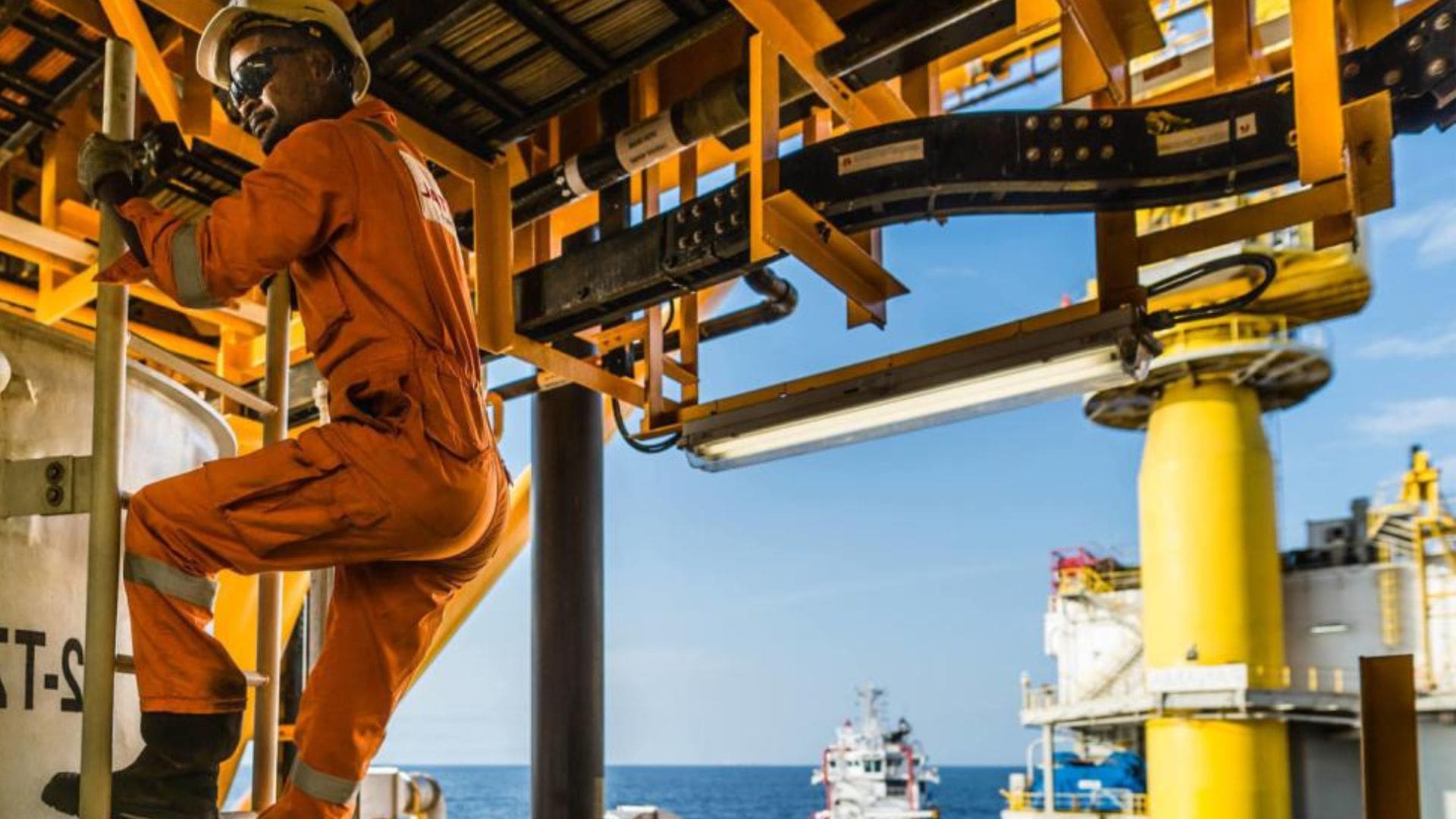Fueling Nigeria's Future: Exciting Projects Drive Growth in the Oil and Gas Industry
- Nigeria | 14 November 2023

Nigeria, a prominent player in the global energy landscape, continues to make significant strides in its oil and gas industry. With its rich hydrocarbon reserves and a commitment to sector development, the country is spearheading transformative projects that hold immense promise for economic growth, energy security, and technological advancement. In this article, we delve into the latest projects shaping Nigeria’s oil and gas industry, showcasing the country’s determination to harness its resources effectively and propel itself to new heights on the global stage.
Nigeria’s offshore fields have long been a vital part of its oil and gas industry. In recent years, there has been a renewed focus on offshore exploration and production. Major projects such as the Egina field in the Niger Delta, operated by Total, and the Bonga Southwest/Aparo field, operated by Shell, have been key drivers of Nigeria’s offshore growth. These projects are utilizing advanced technology, deepwater drilling techniques, and collaboration with international partners to extract oil and gas reserves from previously untapped offshore areas.
Nigeria’s vast natural gas reserves are increasingly becoming a focal point for the country’s energy strategy. With growing global demand for cleaner energy sources, Nigeria is prioritizing gas development and utilization projects. The Nigeria Liquefied Natural Gas (NLNG) Train 7 project, a joint venture involving Nigerian National Petroleum Corporation (NNPC) and international partners, is a significant milestone. This expansion will increase LNG production capacity, boost revenue, and provide opportunities for gas-to-power projects, thereby diversifying Nigeria’s energy mix and reducing greenhouse gas emissions.
To reduce its dependence on imported petroleum products, Nigeria is undertaking ambitious refinery rehabilitation and expansion projects. The Dangote Refinery and Petrochemical Complex, Africa’s largest single-train refinery, is poised to revolutionize the country’s refining capabilities. With a processing capacity of 650,000 barrels per day, this project aims to meet domestic demand, export refined products, and position Nigeria as a regional refining hub. Additionally, the ongoing rehabilitation of existing refineries by the Nigerian government signifies a commitment to modernization and self-sufficiency in the downstream sector.
Nigeria’s downstream sector is witnessing significant infrastructure upgrades to enhance distribution and storage capabilities. Projects such as the Ajaokuta-Kaduna-Kano (AKK) Gas Pipeline, a 614-kilometer pipeline network, will connect Nigeria’s gas resources to high-demand regions in the northern part of the country. This project not only ensures gas supply to power plants, industries, and households but also creates opportunities for gas-based industries and stimulates economic growth in the region. Other projects include depot expansions, pipeline maintenance, and the construction of new filling stations to improve accessibility to petroleum products across the country.
Nigeria is actively promoting local content development and capacity building in its oil and gas industry. The Nigerian Content Development and Monitoring Board (NCDMB) is spearheading initiatives to increase local participation, foster technology transfer, and develop indigenous capabilities. This includes the establishment of training centers, research institutes, and partnerships with international companies to enhance skills and knowledge. These efforts aim to create employment opportunities, stimulate local entrepreneurship, and maximize the socio-economic benefits of the industry for Nigerian citizens.
Recognizing the global shift towards renewable energy, Nigeria is taking steps to integrate renewables into its energy mix. The country has initiated projects focused on solar and wind energy, with the aim of diversifying its energy sources, improving energy access in remote areas, and reducing carbon emissions. Through public-private partnerships and favorable policies, Nigeria is encouraging investments in renewable energy projects, supporting innovation, and positioning itself as a regional leader in sustainable energy solutions.
Nigeria’s oil and gas industry is embarking on an exciting journey of growth and transformation. Through the latest projects in offshore exploration, gas development, refinery rehabilitation, downstream infrastructure upgrades, local content development, and renewable energy integration, the country is diversifying its energy sector, increasing self-sufficiency, and fostering economic prosperity. These projects not only create employment opportunities and drive technological advancements but also position Nigeria as a key player in the global energy transition. With continued investment, strategic planning, and sustainable practices, Nigeria’s oil and gas industry is poised to shape a brighter future for the nation and contribute to global energy security.








